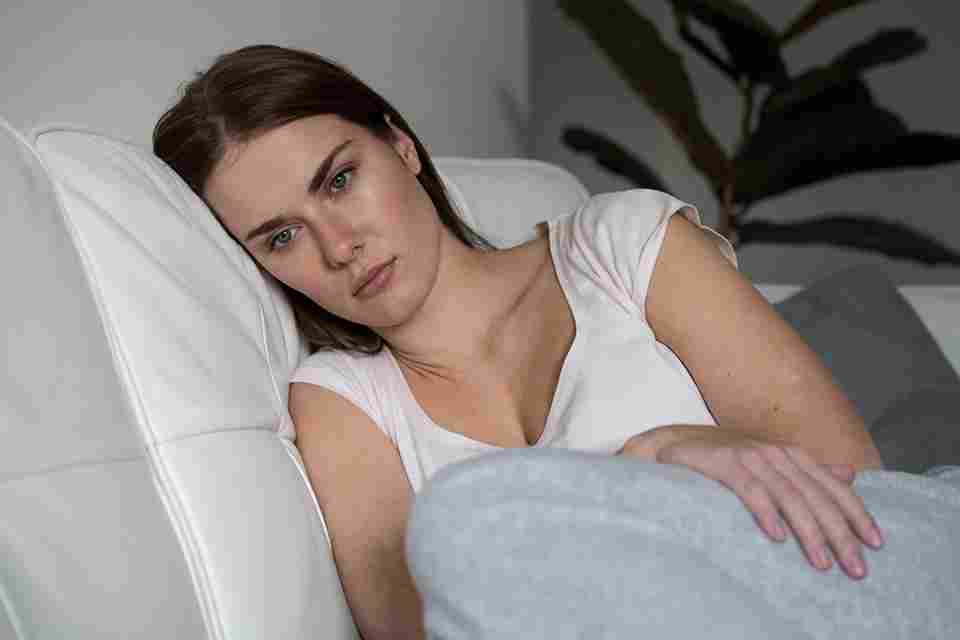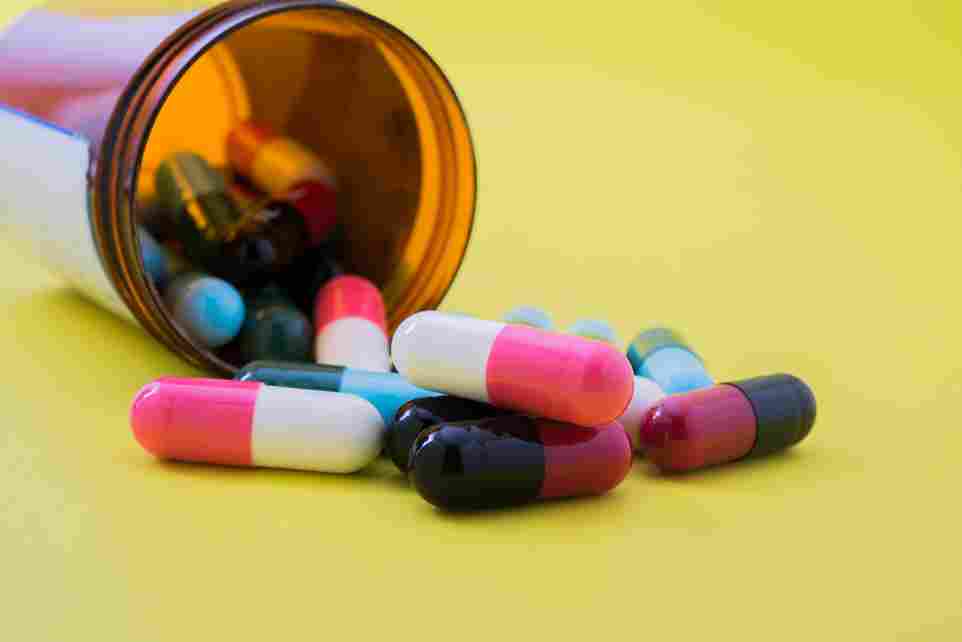


Are you feeling emotionless, sad, and empty after childbirth? These are postpartum depression symptoms and it is normal! Let us discuss in detail all you might want to know about postpartum depression or PPD.
Bringing new life into the world is a remarkable journey, filled with joy, wonder, and an overwhelming sense of love. However, for some new mothers, this experience can also be accompanied by a range of challenging emotions and feelings.
Postpartum depression (PPD) is a common and severe mental health condition that affects many women after giving birth, and it can have a severe impact on both the mother’s well-being and the overall family dynamic.
In this blog, we will delve into the topic of postpartum depression symptoms, exploring its signs and some available treatment options. By shedding light on this important issue, we hope to foster greater awareness and support for those who may be experiencing PPD, as well as provide valuable information for their loved ones.
Postpartum depression is a significant mental health condition that impacts most women following childbirth. In this situation, a new mother may experience physical, social, hormonal, and emotional changes after delivering the baby. However, it is not the same as the “baby blues,” which many women experience after giving birth. “Baby blues” are mild and typically resolve within a few days or weeks.
In contrast, PPD is a more severe and long-lasting form of depression that can affect a woman’s ability to function and care for herself and her baby.
Postpartum depression symptoms manifest differently in each new mother as pregnancy and childbirth experiences differ among women. Let us understand some of the most common postpartum depression symptoms, which are as follows:

The exact cause of postpartum depression has not yet been discovered. However, researchers believe that various social, biological, and psychological factors can cause depression in new mothers.
If postpartum depression is not treated at the right time, it can affect both the mother and the family. If you are going through this health condition after pregnancy, it can make it hard for you to take care of yourself and your baby. Some of the complications of postpartum depression include the following:
Several effective treatment options are available to treat postpartum depression symptoms. The choice of treatment will depend on the severity of symptoms, the individual’s preferences, and the healthcare provider’s recommendations. Treatment for postpartum depression can include certain types of medications, therapies, and some natural remedies.
Some of the most common treatment options for postpartum depression are mentioned below:
The very first treatment to treat postpartum depression includes medications such as antidepressants. The use of medication can address immediate issues caused by postpartum depression, such as changes in sleep patterns and appetite.

– Psychotherapy
Psychotherapy, also known as talk therapy, is a form of treatment that assists individuals with mental health conditions and those facing emotional difficulties. In this treatment option, you meet a certified counsellor with whom you can talk regularly. It can be short-term or long-term, depending on the severity of your condition.
Doctors can also perform psychotherapy with a combination of some medicines.
– Support groups
Support groups play a vital role in treating postpartum depression. Joining support groups offers you an opportunity to share experiences, and gain insights, and you will receive practical advice from others who have gone through the same situation.
– Additional therapies
Under this programme, complementary therapies are used to treat patients with postpartum depression. These complementary therapies, which include acupuncture, yoga, and massage, can help reduce stress, promote relaxation, and improve overall well-being.
Engaging in regular physical exercise, maintaining a healthy diet, getting enough sleep, and practising stress reduction techniques like mindfulness or relaxation exercises can help alleviate symptoms.
It is important to consult your healthcare provider before taking any medications or treatment options.
There are multiple ways in which you can cope with postpartum depression.
– Exercise regularly
– Maintain a healthy diet
– Take rest
– Resist isolation
– Create time for yourself

Postpartum depression is a mental health condition that affects many new mothers. Individuals who are affected by postpartum depression experience changes in their sleeping patterns.
When you have postpartum depression, you may also experience mood swings, changes in appetite, and struggle to bond with the newborn.
Fortunately, there are various treatment options available that can help individuals going through the condition. Postpartum depression symptoms should not be ignored or dismissed. We can help new mothers who are going through postpartum depression through awareness and support. Personalised treatment plans from doctors speed up the recovery process.